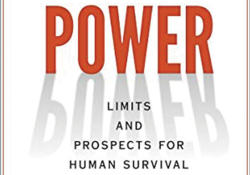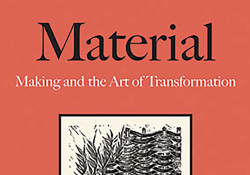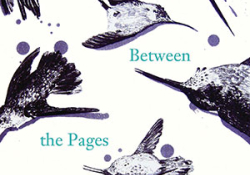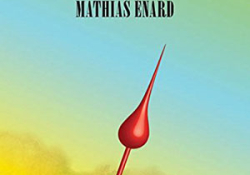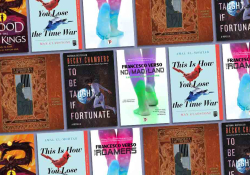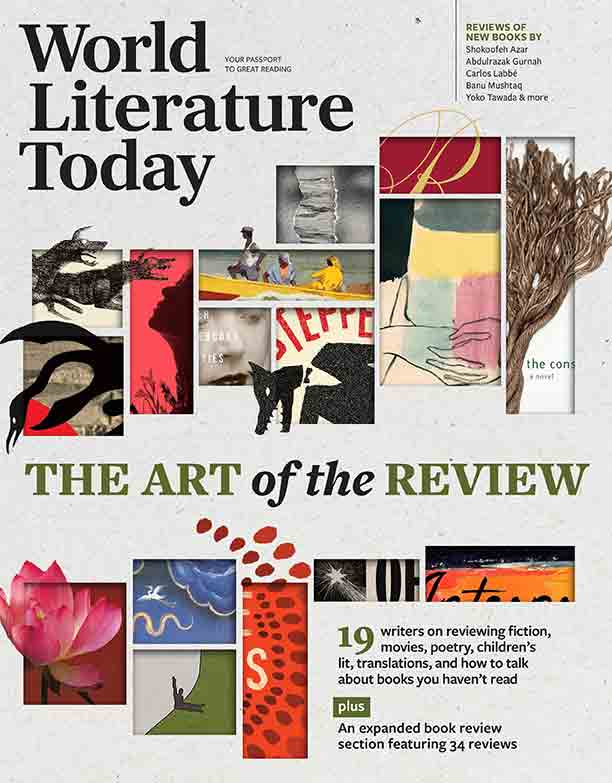Okay, You Sold Me: Ten Books I Bought Because a WLT Reviewer Made Me
As a book review editor, I would describe my relationship with writing designed to sell books as something of a bombardment. I have great respect for publicists and the work they do, but doing what I do means I have to maintain a kind of suspension of belief in reading promotional materials to ferret out which books are best for WLT’s audience. It isn’t always easy, but that’s why they pay me the tall dollars.
Similarly, I’m editing something in the neighborhood of two hundred book reviews annually—reviews by excellent writers who are adept at crafting convincing narratives about why a book is meaningful, or well written, or even not worth a reader’s time. No matter how much I might want to, I can’t read every book that these word sorcerers recommend. I mitigate against this very good and natural desire to hoard more books by thinking, What a great review! I know it will put that book into the right hands, which are regrettably, not mine . . .
This works almost all the time.
Except when it doesn’t.
Sometimes I read a review and can’t escape the sense that this book was literally written for an audience of me and will have left its destiny unfulfilled if I don’t read it. After ten years of serving as WLT’s book review editor, I’ve accumulated a small shelf of books just like that. I offer you a list of ten of those books and a glimpse of the language that made the book irresistible to me.
 Cixin Liu
Cixin Liu
The Three-Body Problem
trans. Ken Liu
Review by Michael A. Morrison (September 2015)
“What The Three-Body Problem offers instead are audacious, mind-expanding extrapolations of known science, fascinating fictional commentary on the interplay of science and politics in present-day China, and storytelling on a grand, wildly ambitious scale.”
 Kim Leine
Kim Leine
The Prophets of Eternal Fjord
trans. Martin Aitken
Review by Anna Paterson (January 2016)
“[Prophets] is a big book and a great one too: disturbing, fascinating, confrontational, carefully and engagingly realistic, funny and deeply affecting in its unblinking humanity. The setting is exotic—Greenland some 250 years ago—but despite the formal, sometimes archly ‘authentic’ style, the vitality of the writing bridges distance in time and place.”
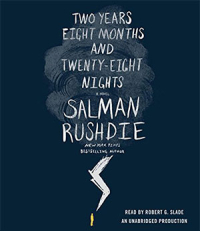 Salman Rushdie
Salman Rushdie
Two Years Eight Months and Twenty-Eight Nights
Review by Jim Hannan (January 2016)
“Rushdie brilliantly reimagines the atrocities of al-Qaeda and ISIS (‘crazy white-eyed trance-killers from hell’) as the workings of the dark jinn, who take to heart Ghazali’s admonition that ‘Fear leads [man] towards faith, not as a cure for fear, but as an acceptance that the fear of God is the natural and proper condition of man’s lot.’”
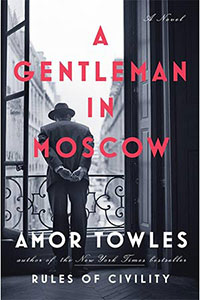 Amor Towles
Amor Towles
A Gentleman in Moscow
Review by Rita D. Jacobs (January 2017)
“There is a good deal of humor here as well as some darker emotions, and many allusions to the great Russian writers, for Towles is more engaged with the Russian spirit than with the country’s quotidian concerns. The novel almost floats; we are engaged from beginning to end, and one couldn’t find a better companion than Rostov.”
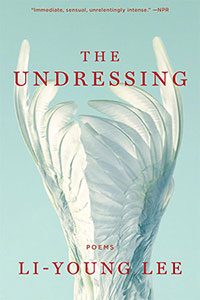 Li-Young Lee
Li-Young Lee
The Undressing
Review by Magdalena Kay (March 2018)
“Indeed, its title, The Undressing, refers to both types of focus: the volume greets us with eroticism, with a literal undressing, but moves toward far starker poems. Our illusions of a peaceful life are ‘undressed’ in order to reveal a violent reality from which we seek refuge in a love that must be seen as both physical and profoundly spiritual, the love of a Christian God as well as the love of a man for his beloved.”
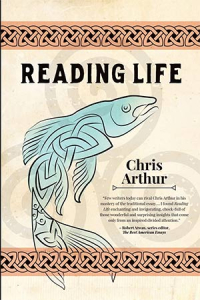 Chris Arthur
Chris Arthur
Reading Life
Review by Greg Brown (May 2018)
“These essays often take a simple object and invest it with significance, such as the way a mechanical mile-counter mounted to a youth’s bicycle stands in for the click-click-click of our own mortality.”
 Olga Tokarczuk
Olga Tokarczuk
Drive Your Plow over the Bones of the Dead
trans. Antonia Lloyd-Jones
Review by Hannah Weber (Winter 2019)
“Once again, Tokarczuk proves herself to be a master of the ‘thinking novel,’ fashioning what is simultaneously a compelling narrative, measured essay, and fierce manifesto. She never hesitates to preach from the literary pulpit, but her lessons have aged gracefully; what could be a trope of eco-feminist dystopia has arrived in such a fitting contemporary context that its implications have never been so far-reaching or so urgent.”
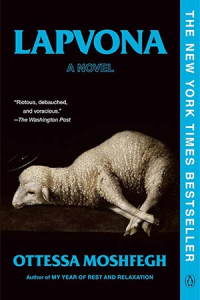 Ottessa Moshfegh
Ottessa Moshfegh
Lapvona
Review by Ashmita Chatterjee (November 2022)
“Across her novels, Moshfegh has created a posse of unlikeable people—from the grotesque to the shallow and the neurotic—who are set up to be despised, but her genius lies in being able to build a deeply gripping world despite them—or perhaps because of them. The convolution of their thoughts and actions, sometimes indefensible, creates captivating narratives of unconventional lives.”
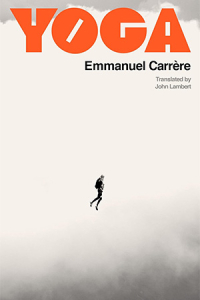 Emmanuel Carrère
Emmanuel Carrère
Yoga
trans. John Lambert
Review by Warren Motte (September 2022)
“Carrère senses that his own disaster was not provoked by events external to himself but instead by a ‘powerful self-destructive streak’ in his character. Indeed, one of the most interesting dimensions of this book hinges on the tension between the political and the personal, the outside and the inside, the world and the self.”
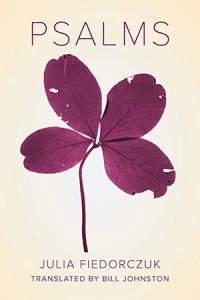 Julia Fiedorczuk
Julia Fiedorczuk
Psalms
trans. Bill Johnston
Review by Daniel Kraft (January 2024)
“The poems in Psalms are as haunted by death as by beauty and offer their readers a vital reminder that death and beauty are not as opposed to each other as they might seem. Perhaps this message, if enough people are willing to hear it, can call us back from our appetites and consumptions and compel us to embrace instead the exquisite vulnerability so much consumption exists to hide.”

